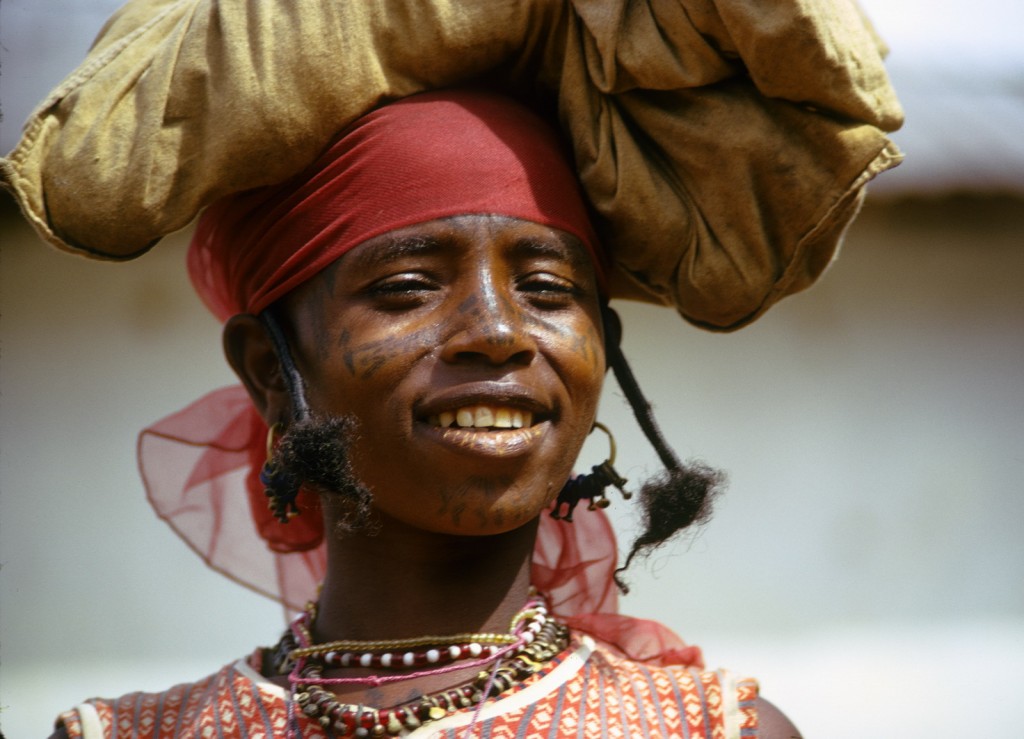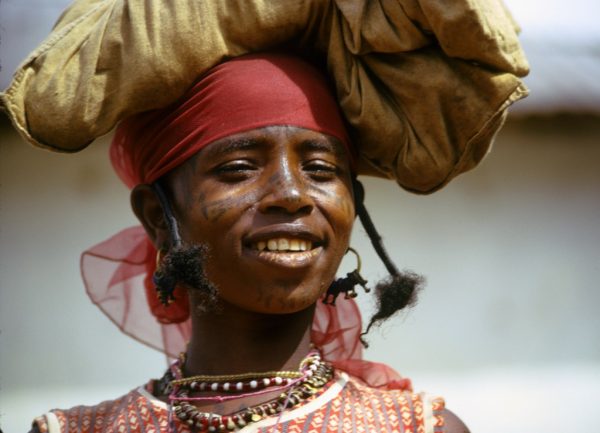Background
Kirdi (meaning “pagan”) is a broad, collective name for a number of people groups living in northern Cameroon, northeastern Nigeria, and southwestern Chad. At one time, all of these groups were completely pagan. Today, some have become Muslim and wear traditional Islamic dress. Each ethnic group speaks its own dialect of Biu-Mandara, a Chadic language.
The Fulbe are the dominant people group of the North Central African region. In the 1800s, the Kirdi (non-Fulbe) people fiercely resisted Fulbe domination. During this period, they fled to the Mandara Mountains, hills, and isolated valleys, where they still live today.
Read more about Ethnic Groups In Nigeria
The Fali, distinguished from other Kirdi people by their colorful clothing and glass beads, occupy the Mubi district of Nigeria. The Guduf and Afade people live in northeastern Nigeria along the border of Chad. The Mousgouma are concentrated in the plains of southwestern Chad, primarily in the Bongor region. The remaining groups live in the hills and plains of northern Cameroon, where they are accepting modernization.
Socio-Economic Characteristics
Most of the Kirdi are farmers who raise crops on hillside terraces. Peanuts, maize and millet are among the main crops. Melons, pumpkins and beans are also raised. Millet and other cereals are usually grown on the mountains or hill slopes, while other crops are raised in gardens near the houses. Cotton, indigo (used for dyeing) and plants that are used for hunting, religious medicines and other purposes are also grown.
A Kirdi man’s work includes crafting leather, making baskets, spinning, weaving, and building. Women make clay objects, train the small children, prepare the meals and do other household activities. A woman may also raise her own crops on a small plot of land. The profits earned from selling these crops belong to the woman. Children take care of the small animals and help their older siblings or parents do other household chores.
Socio-Cultural Setting
Traditionally, houses in kirdi were grouped into small village settlements by clan or lineage. The villages were clustered around mountain peaks that could not easily be accessed by outsiders. They were protected by mud-brick barriers that had been overgrown by thorn bushes. Today, their villages are composed of several round buildings made of mud-brick and thatched roofs. The buildings are connected to one another by woven straw fences or hedges. The buildings are positioned so that there is an open area in the center. Each home has a kitchen, an attic and a room for the husband while the wife lives in a separate hut. Separate rooms are added to the house when the children reach puberty. Young males are given their own square huts, where they live until they are married.
Sign up to the Connect Nigeria daily newsletter
Marriage and Music
Although polygamy is permitted among the Kirdi, most men usually have only one wife. Marriages are almost always arranged by the parents; children do not choose their own mates. When an agreement is made, a bride-price is paid to the bride’s parents and a new homestead is begun.
The Kirdi culture contains various arts, such as vocal and instrumental music. Some ethnic groups, such as the Fali, are highly skilled musicians and singers. Their main musical instruments include whistles, flutes, horns, harps, and drums. These instruments are played during festivals and at special ceremonies.
Religious Beliefs
Although two of the Kirdi groups (the Fali and the Mousgouma) have partially converted to Islam, most of the groups still follow their traditional ethnic religions. Most Kirdi believe in a single god who is the creator of all things and who keeps his creation in order. They believe that this god only intervenes with his creation when order has been disturbed. The Kirdi do not pray to this god, but rather to their ancestors, who they believe will intercede on their behalf.
The Kirdi believe that the Earth is the “mother goddess” who has birthed all other “supernatural” beings, including thunder and lightning, black snakes, crocodiles, and certain inanimate objects.
Each clan has its own “therapist-diviner” or medicine man. He benefits the community by supplying various medicines. He also serves as a mediator between the people and the spirits, and performs minor surgical operations. The medicine man is paid with modest gifts from the villagers.
Source:
Joshuaproject
Featured Image Source: Beads Around The World
Got a suggestion? Contact us: editor at connectnigeria dot com


